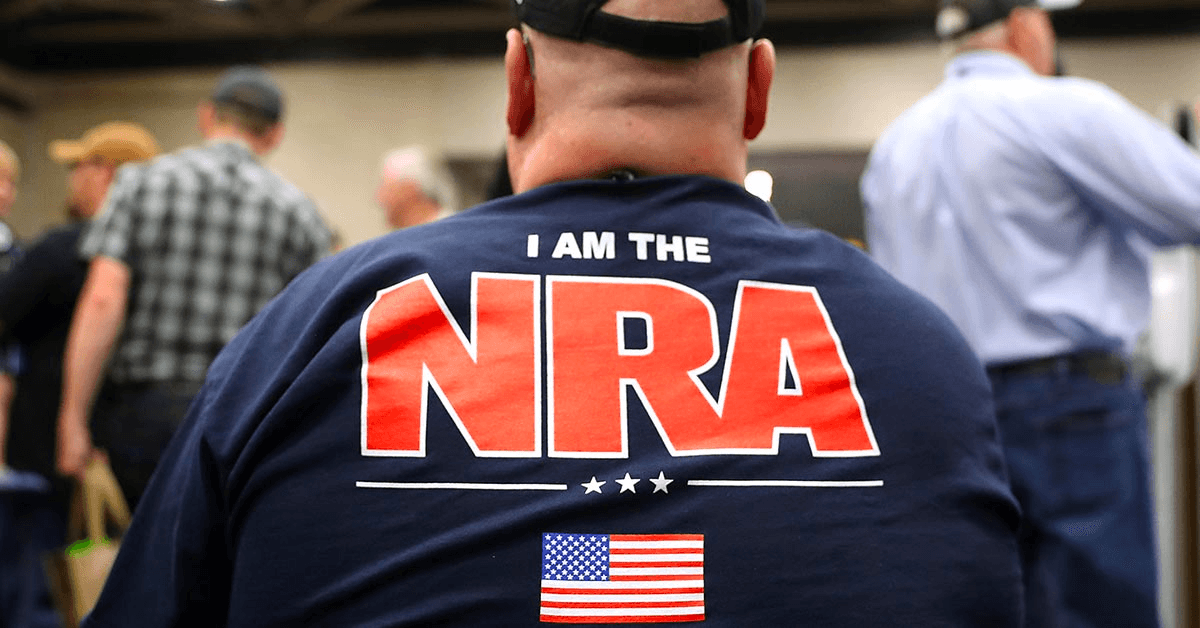History
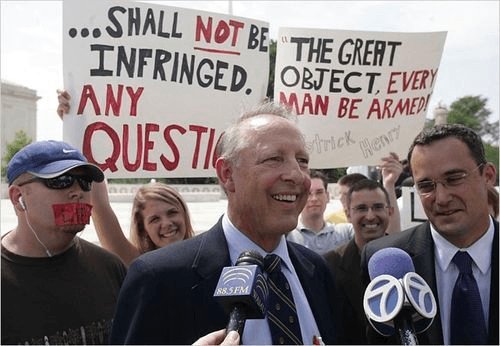
- 2008|
District of Columbia v. Heller
In 2008, the Supreme Court significantly expanded its understanding of the Second Amendment in District of Columbia v. Heller.
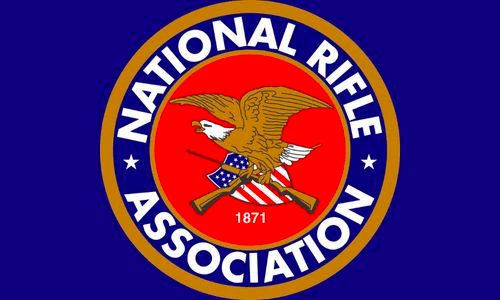
- 1871|
National Rifle Association
The National Rifle Association (NRA) is one of the most well-known lobbying groups in politics, contributing millions each year to influence gun policy.
Introduction
Lobbying is when an individual or organization reaches out to a legislator to influence their decision over a specific bill. Gun lobbying organizations like the National Rifle Association, Everytown for Gun Safety, the Brady Center, and the Giffords Law Center spend millions every year to influence politicians at all levels of government. While they attempt to advance their specific viewpoint, lobbyists help legislators write bills, as they are often experts in a particular subject area. One of the primary concerns about lobbying is whether politicians receive money to enact specific policies or because they already hold those stances.
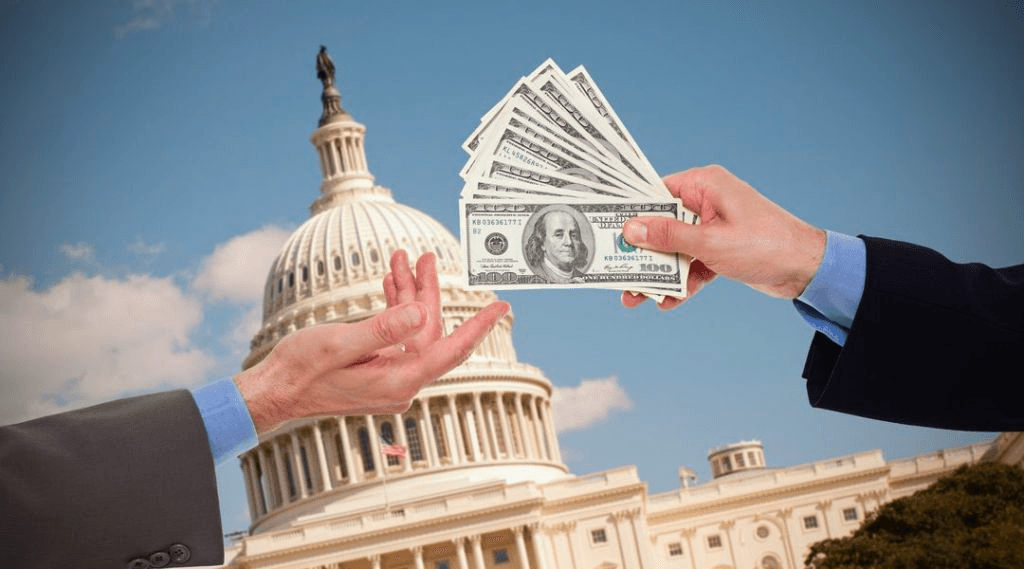
Often, elected officials’ staff must develop legislation in unfamiliar fields. A staffer knowledgeable on veterans affairs and economics may not be an expert on gun laws. Many lobbyists in D.C. are subject experts and help craft laws for elected officials through their staff. Some view this as an integral aspect of Congress, while others see it as lawmakers selling out to the highest bidder.
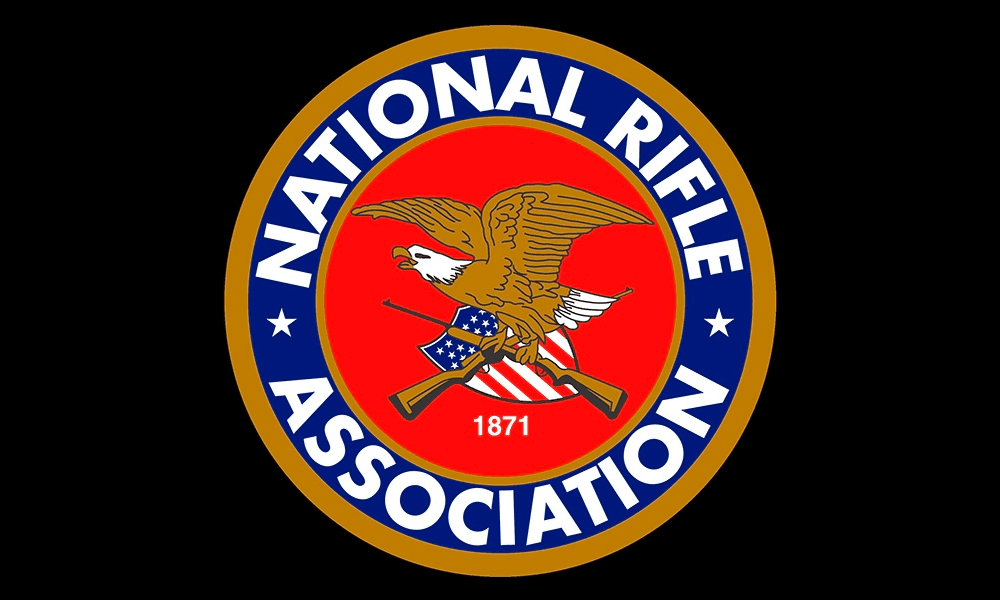
The National Rifle Association (NRA) is Washington’s most prominent gun-rights organization. The NRA spent $54 million on congressional and presidential campaigns in 2016 and $132 million over the past 15 before. On the other side, some of the most significant gun control organizations include Everytown for Gun Safety, the Brady Center, and the Giffords Law Center. These lobbying groups also help individuals donate towards gun issues and help politicians write gun laws.
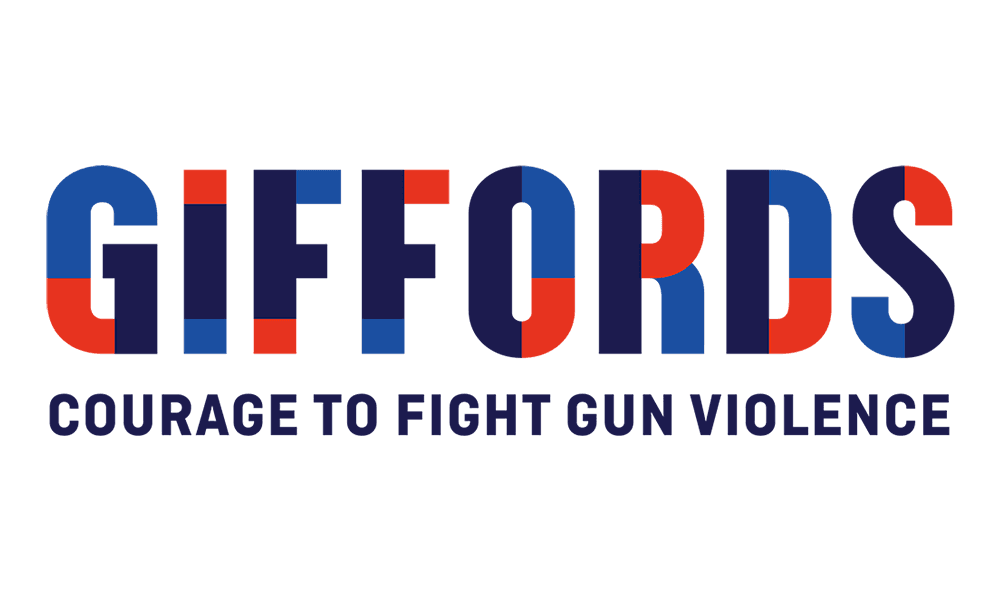
In 2018, the tide of funding shifted in favor of gun control organizations. Gun control organizations reportedly outspent gun-rights organizations by 40% in the weeks leading up to the 2018 midterm elections, a significant shift after decades of almost unilateral influence from pro-gun lobbyists. However, in 2020, gun-rights organizations retook the spending lead, though by a smaller margin than in past years. Much of the lobbying debate centers around how much influence these organizations have over politicians. One of the big questions is whether politicians receive money to enact specific policies or receive money because they support these policies in the first place. Many people on both sides of the aisle have said lobbying efforts amount to legalized bribery, as organizations use campaign contributions and independent political expenditures to get legislators to back or block certain bills. Two central, bipartisan, questions emerge from this debate:
- Are lawmakers beholden to these big donors instead of their constituencies?
- Which came first; the support or the donation?
In 2017, gun control movements like March for Our Lives began publicizing the NRA’s contributions to lawmakers, hoping to shame them among the public. The organization started its Print a Price Tagcampaign to show how much money the NRA gave senators per student in their state. Critics of this campaign were swift to point out that these donations are often small compared to the overall campaign finances. Additionally, they argue that these contributions did not change the senators’ positions on guns; the NRA merely donated to those candidates that already held pro-gun positions. Senator Marco Rubio (R-FL), when asked by CNN to reject contributions by the NRA, stated, “There’s money on both sides of every issue in America. I will always accept the help of anyone who agrees with my agenda.”
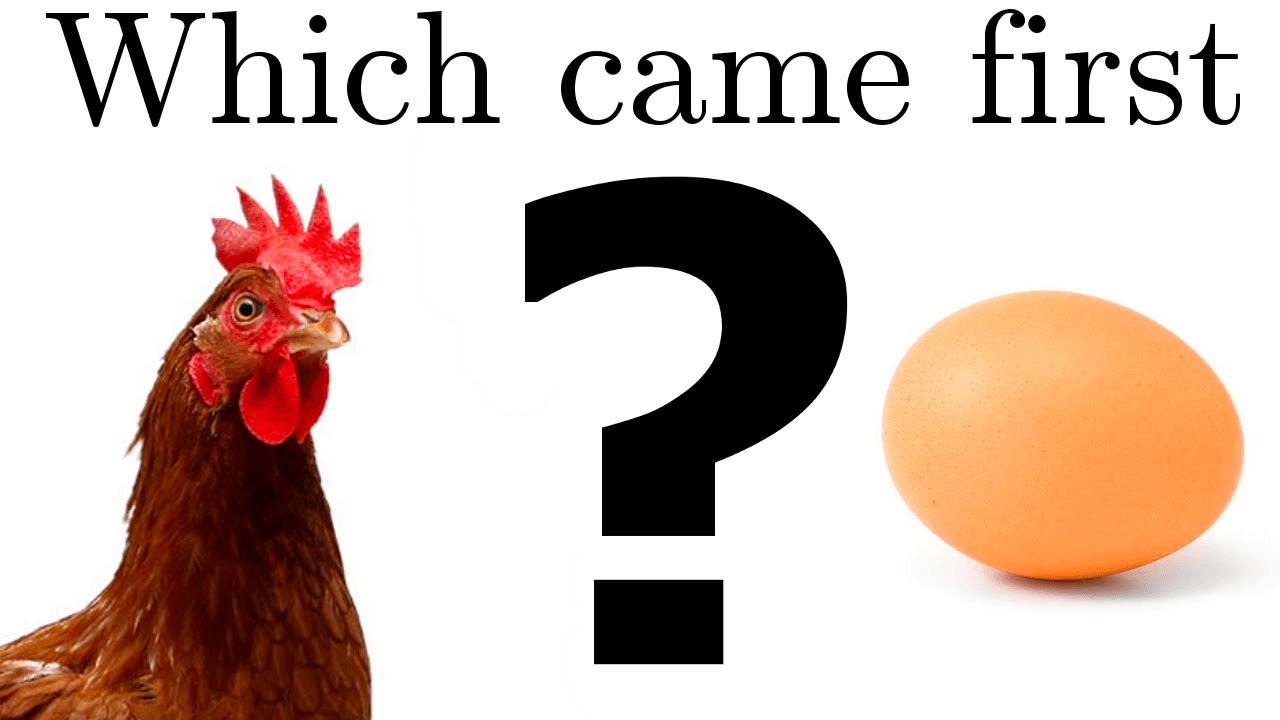
For more information on campaign finance and lobbying, check out the following sources:
- Lobbying and Campaign Finance: Separate and Together by Richard Briffault
- A Survey of Campaign Finance and Lobbying Laws in the 50 States, District of Columbia, New York City, and Seattle by Eric Wang at the Institute for Free Speech
- Lobbying, PACs, and Campaign Finance 50 State Handbook by SCG Legal, Thomson Reuters edited by David E. Poisson
Discussion Questions
- Do lobbyists’ involvement in the lawmaking process helps or hurts democracy?
- Do lobbying organizations have too much influence in Washington D.C.?
- How do lobbying groups decide which politicians to contribute to? Is it for stances they already hold or trying to convince them to switch to a new one?
Classroom Content
Browse videos, podcasts, news and articles from around the web about this topic. All content is tagged by bias so you can find out how people are reacting across party lines.
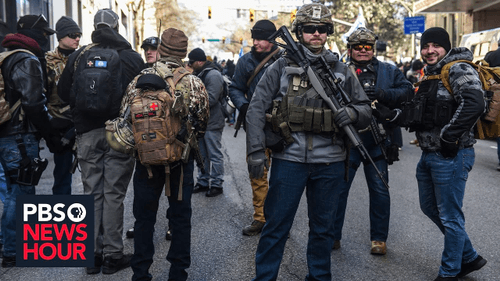
Gun-rights advocates turn out in huge numbers to protest proposed Virginia restrictions
- Article •
- 0/20/2020
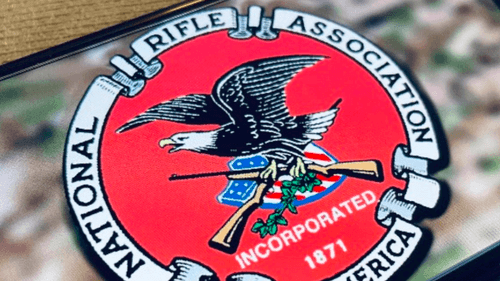
NRA Has $2M Lobbying Plan Against Biden Gun-Control Agenda
- Article •
- 0/22/2022
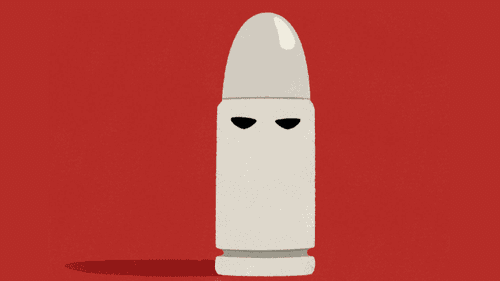
The NRA’s New Scare Tactics
- Article •
- 9/3/2017
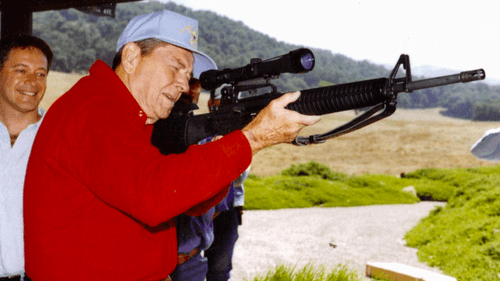
I Was an NRA Lobbyist. Here’s My Road Map for Gun Reform
- Article •
- 7/21/2019
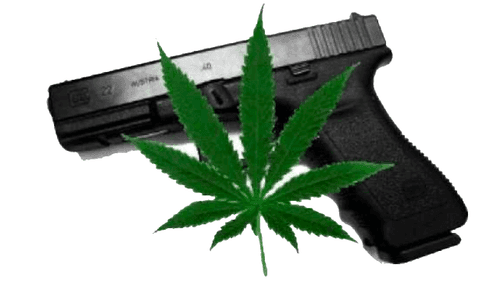
Anarchy Gumbo Podcast | Interview with The Guns And Weed Lobbyist, Richard Feldman
- Podcast •
- 4/2/2012
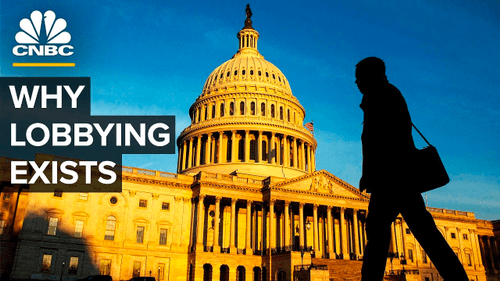
How Lobbying Became a $3.5 Billion Industry
- Video •
- 9/3/2020
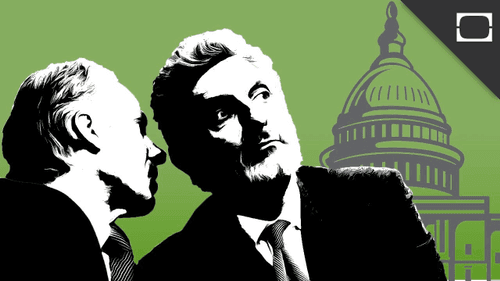
What is Lobbying and Can it Be Good?
- Video •
- 7/14/2014
